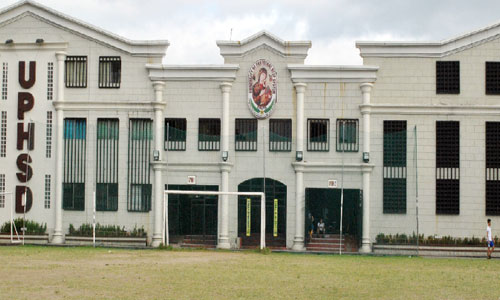
University of Perpetual Help System Dalta Jonelta Foundation School of Medicine
The University of Perpetual Help System Dalta Jonelta Foundation School of Medicine was established in 1996 as a private institution. The University of Perpetual Help System, situated in Dalta, Las Pinas, Philippines, is a Catholic institution with campuses across Las Pinas, Calamba City, Cavite, and Bacoor, Laguna. Established by Dr. Gen. Antonio Laperal and Dr. Daisy Moran Tamayo, it initially offered a Bachelor of Nursing program with an enrollment of 700 students.
Recognized by the Commission on Higher Education(CHED), it was granted university status, and in 2017, it was bestowed with autonomous status. The University of Perpetual Help System DALTA adheres to the belief that "Character Building is Nation Building," emphasizing community service, education, and research.
Apply Now Download Brochure







